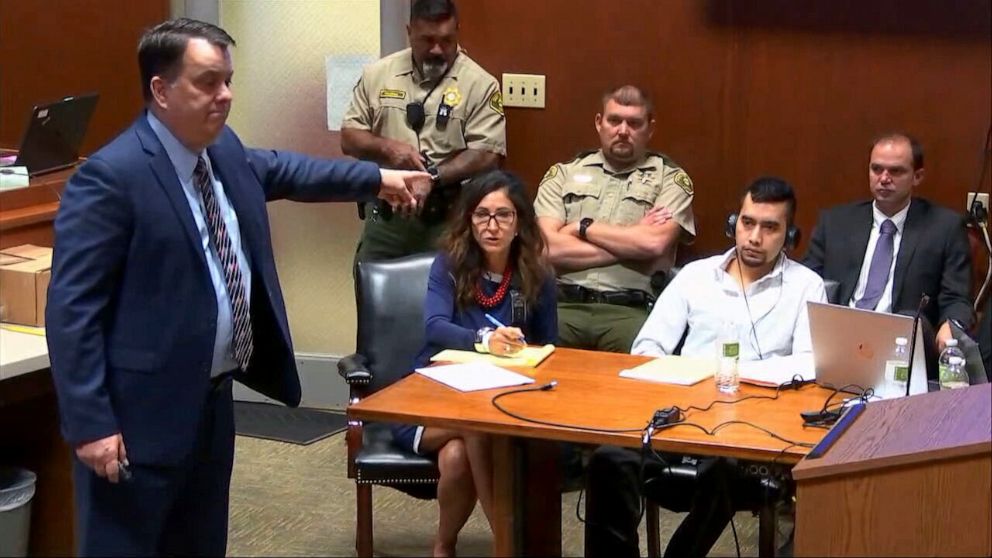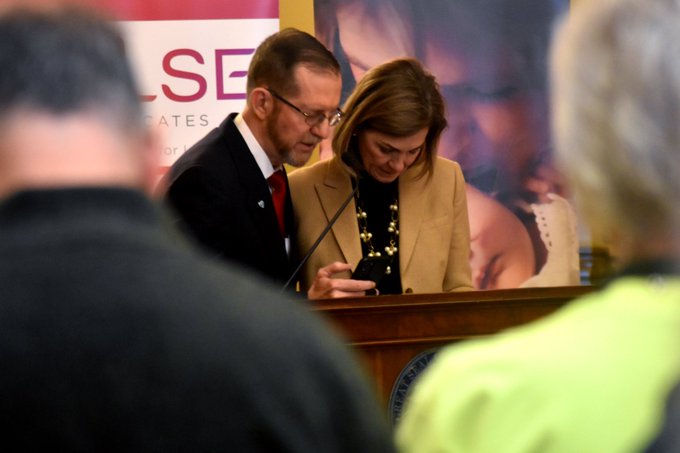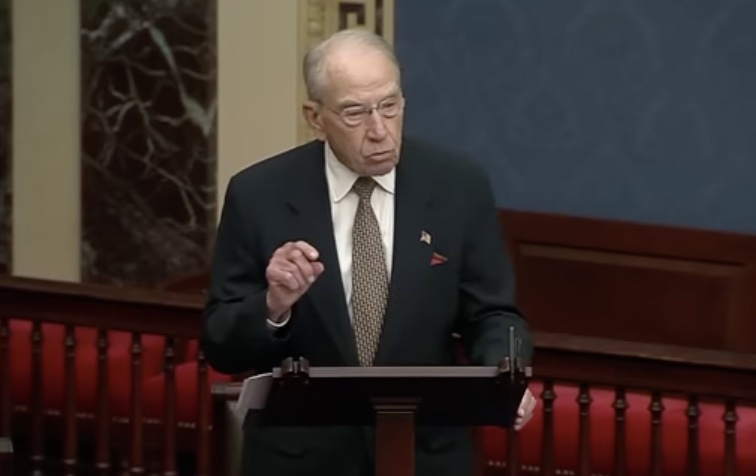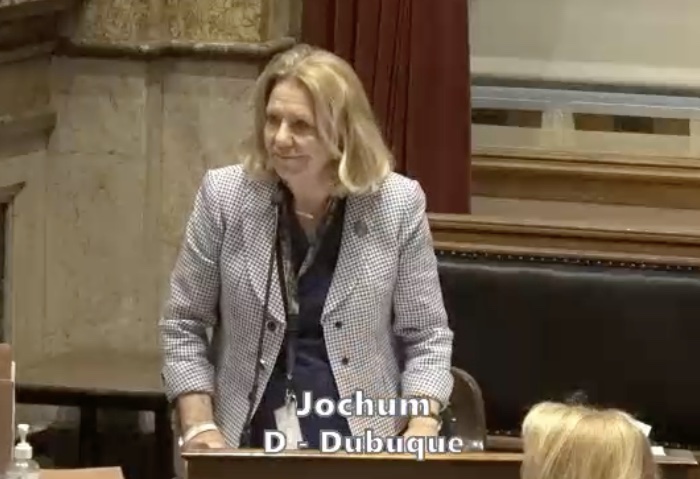The most closely watched Iowa Supreme Court case of 2023 ended in a stalemate on June 16. Nearly a year to the day after the court’s majority severely undermined reproductive rights by reversing a 2018 precedent, the justices split 3-3 on Governor Kim Reynolds’ effort to lift an injunction on a 2018 law that would ban an estimated 98 percent of abortions.
The split decision in what will be known as Planned Parenthood of the Heartland v Reynolds V affirmed last year’s Polk County District Court ruling “by operation of law.” In other words, the 2018 abortion ban will be permanently enjoined. For the foreseeable future, abortion will remain legal up to 20 weeks in Iowa—in contrast to many other Republican-controlled states.
But top Iowa Republicans have vowed to enact new abortion restrictions, which will prompt new litigation. Although the opinions published on June 16 have no force of law, they provide many clues about how the Iowa Supreme Court may approach its next major abortion case.
Continue Reading...



















